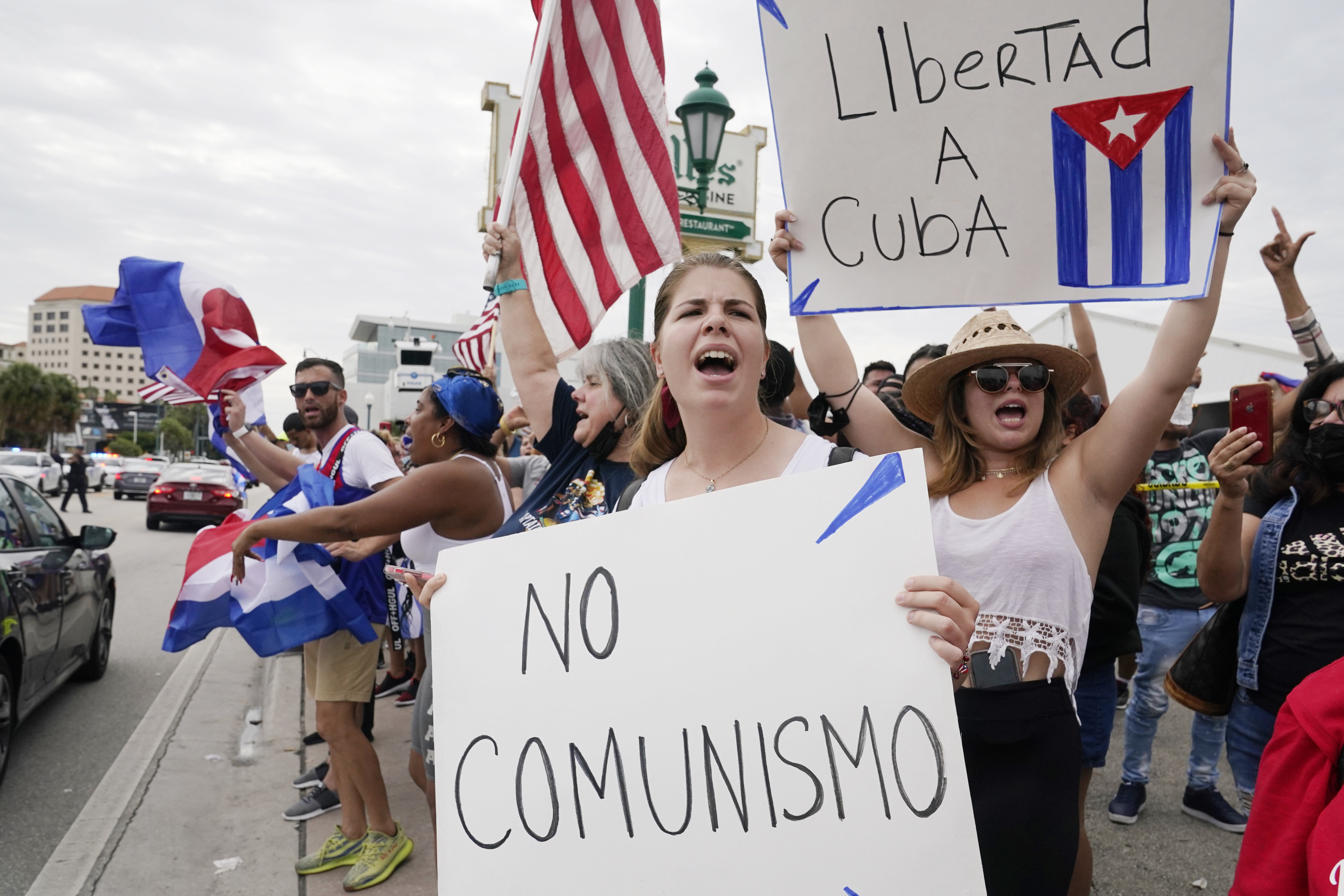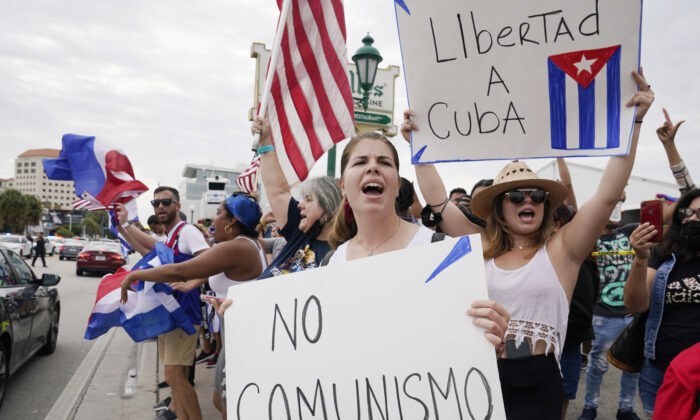
Socialism is often portrayed as an ideology that promotes equality and unity among people. The idea is that everyone works together, shares in abundance, and supports each other through hardships, creating a utopian society. However, the reality of socialist regimes throughout history tells a different story.
Leaders of countries like the Soviet Union, North Korea, and Venezuela, who espouse socialist principles, seem to live a life of luxury while their citizens struggle to survive. Despite preaching equality, these leaders do not seem to experience the same hardships as their people.
Take Joseph Stalin, for example. In “Conversations with Stalin,” the Yugoslav communist defector Milovan Djilas describes lavish dinner parties hosted by the dictator. While Stalin enjoyed an abundance of food and drink, the common people in Soviet countries faced food shortages and limited choices.
Similarly, survivors of socialism from countries like Estonia, Romania, and Latvia have shared stories of food scarcity and government control over supplies. While the elite enjoyed fine dining and extravagant meals, the masses struggled to find basic food items.
In North Korea, escapee Yeonmi Park has revealed the stark contrast between the malnourished population and the well-fed dictator, Kim Jong Un. Despite the widespread hunger and poverty in the country, Kim Jong Un lives a life of luxury.
The same pattern can be seen in Venezuela, where the ruling class enjoys abundance while the rest of the population suffers.
So, the next time someone praises socialism as a solution for societal inequality, it’s important to consider who truly benefits from such systems. History has shown us that those in power often thrive while the ordinary people struggle to survive.
Views expressed in this article are opinions of the author and do not necessarily reflect the views of The Epoch Times.





